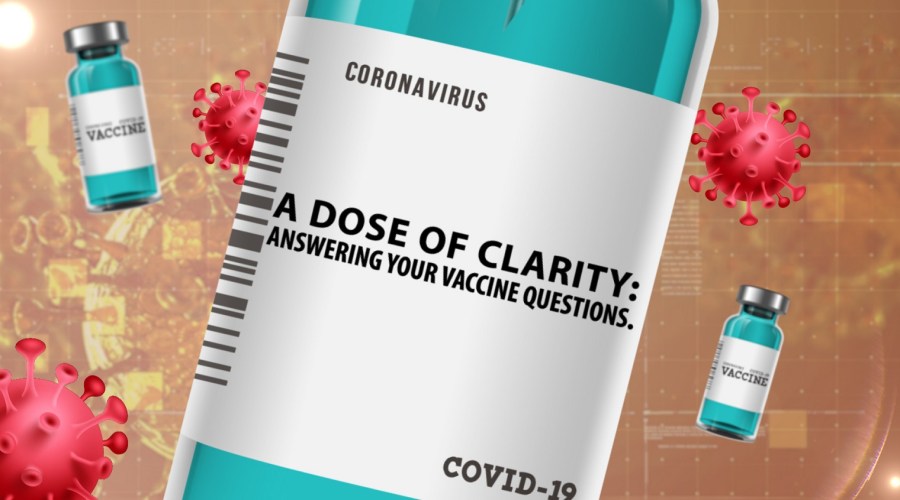NORFOLK, Va. (WAVY) — Since the pandemic hit the United States one year ago, most American parents have been guiding children through virtual school and providing companionship and entertainment in the absence of friends.
For parents of special needs children, like Renee Howard, the challenges have been even greater.
“It’s just been a full time, hands-on assignment for us, 24/7 since March,” said Howard, whose 9-year-old son, Jackson has Down syndrome.
“He still requires a lot of heavy interaction, heavy care, kind of like a toddler would, frankly,” she said.
In the Norfolk public school system, Jackson gets speech and occupational therapies, and an aide to help him in the classroom.
At home, that’s impossible to replicate.
Howard works full-time, and she and her husband have two other children attending school virtually.
“The effectiveness of the therapies he would get in school versus delivered over Zoom, it’s very easy for him to just turn away or say no,” she said. “I think he just has not made the progress that he would have if he were in school.”
Howard is also uncertain about sending Jackson back to school safely.
“He doesn’t understand, he’s not going to keep a mask on,” she said.
As a child, Jackson may not be eligible for the vaccine for months or even years, and medical experts say people with Down syndrome are at greater risk for serious illness if they contract COVID-19.
Howard recently discovered a line of defense for her son: as his caregivers, she and her husband are high priority within Virginia’s vaccine administration program.
“A lot of people probably don’t realize as caregivers, they’re eligible for the vaccine,” she said. “If we had known that earlier, maybe we would’ve had it by now.”
In mid-February, the Howards registered as 1a. Three weeks later, they still have not received an invitation to register for an appointment.
They could be waiting weeks longer, according to Liza de la Cruz, a spokesperson for the Norfolk Public Health Department.
“As 1a’s are identified, they are worked into the schedule. As we complete the transition to the state COVID registration system, identifying remaining 1a individuals will be easier,” she said. “Once again, as we identify them, we will work them into our schedule as quickly as possible.
10 On Your Side is now working to get answers from the Virginia Department of Health about why anyone in 1a would have to wait weeks or months for a vaccine.
Look for continuing coverage here on WAVY.com.







































